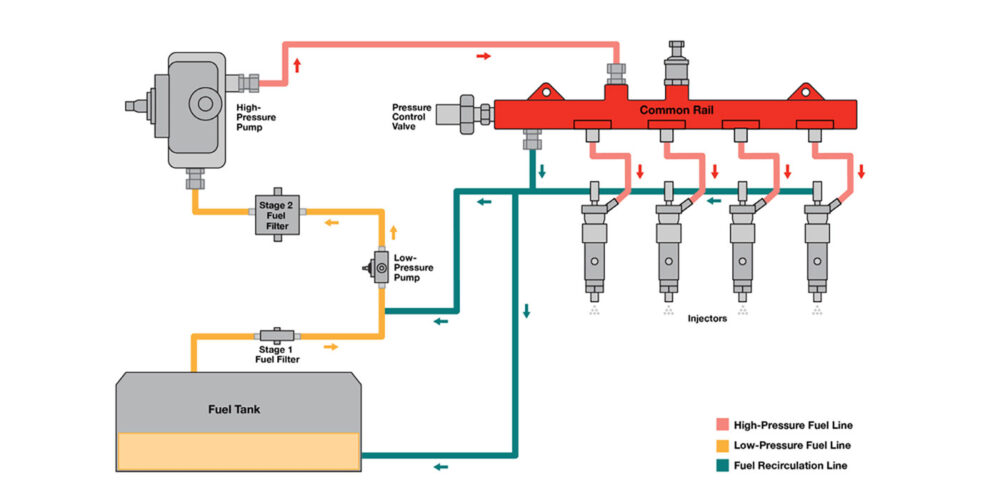I’m a physicist. I like to deal in facts and figures, not fertilizer. Want to see some facts? See the chart below.
What does this data mean? The cost of living has gone up approximately 35% (2% inflation, nah!) in five years. The cost of energy other than gasoline and diesel fuel actually has decreased. (I mentioned previously that environmentalists have prevented new refineries or the upgrading of old refineries, which increases what we pay for these fuels.)
But I really noticed was the increasing price of corn (which the Renewable Fuels Association says isn’t its fault). The price of corn had already started the upward move in 2007 because of ethanol subsidies. Now, it’s fatally higher. Forty percent of last year’s corn crop went to make ethanol. Milk producers in our area are going bankrupt because they can no longer afford to feed their cows. Corn planters are getting rich.
For years, the ethanol lobby has teased us with the promise to replace corn-based ethanol with cellulosic ethanol. Even ethanol supporters have grown impatient with these never-fulfilled promises. And ethanol producers kept pushing the corn-based stuff out the door even though they couldn’t sell it in California because of low carbon legislation—so it was exported to Europe.
The EPA recently upped the allowable ethanol percentage to 15 over the objections of knowledgeable people like equipment manufacturers, the Society of Automotive Engineers, and the Coordinating Research Council. The European Union got so tired of cheap ethanol imported from the United States that it recently enacted an $83.03 per metric ton tariff on it.
Finally, after years of wasting our money and time, the EPA is requiring ethanol producers to produce a minimum of 14 million gallons of cellulosic ethanol in 2013. They say 20,000 gallons were produced late last year. They wanted to require 500 million gallons, but an appellate court struck down that regulation as unrealistic. Someone finally gained wisdom! But how much money do we citizens have to throw away unnecessarily on intelligence without wisdom?
We’ve wasted billions of dollars and years of time on imperfect exhaust emissions regulations and alternate sources of energy. If we had a national energy policy safeguarded by fact-based people with no commercial allegiances, think of what we could accomplish! I envision a team of physicists (I know they are intelligent!) combined with engineers, chemists, and the poor souls who actually have to make the stuff work in factories, homes and cars and trucks. Do you think I will ever live that long? I seriously doubt it.
I am encouraged by Congress’ recent legislation giving a 50-cent per gallon tax credit to CNG suppliers and as much as a $30,000 tax credit for those who build CNG refueling stations. Folks, we’re sitting on our energy independence. We have a 100-year reserve of natural gas within our borders.
These reserves can provide total energy independence, jobs to Americans, fuel to power our progress, and money to reduce the deficit should we desire. Current legislation prevents oil marketers from exporting oil to foreign countries, but China, India and Japan will pay dearly for our natural gas. We need to repeal the current legislation and quickly approve the building of LNG export terminals at our ports (it’s more cost-effective to ship LNG than CNG), then we can begin to turn this country around.













